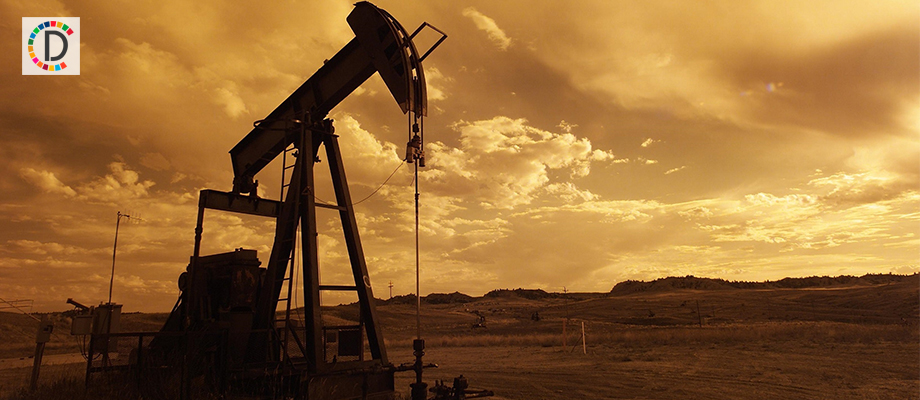Most OPEC+ producers oppose Feb output increase -sources
On Monday, Saudi energy minister Prince Abdulaziz bin Salman said OPEC+ should be vigilant and cautious despite a generally optimistic market environment as demand for fuels remains fragile and the new variant of coronavirus is unpredictable. That strain, reported in Britain last month, is spreading globally and on Monday British Prime Minister Boris Johnson was scheduled to set out tougher lockdown rules.

Most OPEC+ oil-producing countries oppose plans to increase output from February as winter lockdowns to contain the coronavirus choke demand, four OPEC+ sources told Reuters on Monday. OPEC+, which groups OPEC and other producers including Russia, began meeting at around 1500 GMT on Monday.
On Sunday, OPEC Secretary General Mohammad Barkindo warned OPEC+ experts of downside risks facing the oil market. On Monday, Saudi energy minister Prince Abdulaziz bin Salman said OPEC+ should be vigilant and cautious despite a generally optimistic market environment as demand for fuels remains fragile and the new variant of coronavirus is unpredictable.
That strain, reported in Britain last month, is spreading globally and on Monday British Prime Minister Boris Johnson was scheduled to set out tougher lockdown rules. With benchmark Brent oil futures holding above $50 per barrel, OPEC+ took the opportunity this month to raise output by 500,000 barrels per day (bpd) as it looks to eventually undue cuts that currently stand at 7.2 million bpd.
OPEC+ producers have been curbing output to support prices and reduce oversupply since January 2017, and cuts a record 9.7 million bpd in mid-2020 as COVID-19 hammered demand for gasoline and aviation fuel. OPEC's leader Saudi Arabia has repeatedly suggested a more cautious approach during previous meetings, while the United Arab Emirates and non-OPEC member Russia have said they prefer a speedier increase.
On Monday, Russian Deputy Prime Minister Alexander Novak said there were still loads of uncertainties in the oil market and OPEC+ should remain flexible in its decision-making. Benchmark Brent prices rose above $53 per barrel on Monday, touching their highest levels since March 2020, on expectations that OPEC+ will hold output steady in February. They later fell back.
"Under the current output terms, surpluses are expected from February until April, before demand recovers from May onwards, so a possible OPEC+ decision to not increase production will keep balances at a manageable level," said Bjornar Tonhaugen from Rystad Energy.
(This story has not been edited by Devdiscourse staff and is auto-generated from a syndicated feed.)
- READ MORE ON:
- British
- Alexander Novak
- Boris Johnson
- Russian
- Saudi
ALSO READ
Lindy Cameron to be new British envoy to India
British PM Sunak's Rwanda scheme set to pass parliament but challenges await
British military warns of possible vessel being boarded near Strait of Hormuz
British military warns of possible vessel being boarded near Strait of Hormuz
G7 working on package of measures against Iran, says British PM Sunak










